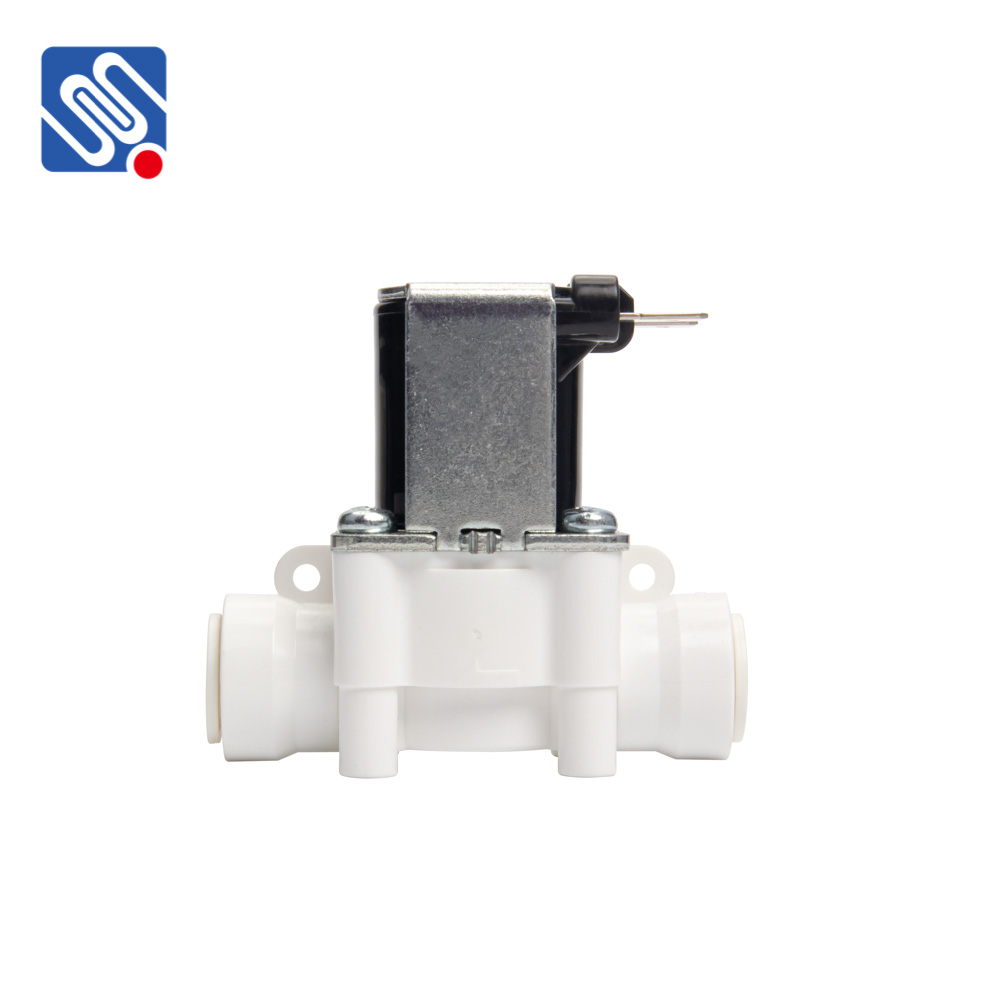filtration system solenoid valve: a crucial component for efficient filtration systems
Release time:2025-05-10 17:48:38
In modern filtration systems, where precision and efficiency are paramount, the Filtration System Solenoid Valve plays a critical role in ensuring optimal functionality. Whether it's used in industrial processes, water treatment facilities, or HVAC systems, the solenoid valve is an essential component that helps regulate the flow of fluids and maintain the overall performance of filtration units. This article explores the importance, function, and benefits of Filtration System Solenoid Valves, shedding light on why they are indispensable in filtration systems.

The Function of a Filtration System Solenoid Valve A solenoid valve is an electromechanical device that controls the flow of liquids or gases by using an electrical signal to open or close the valve. The Filtration System Solenoid Valve is typically used to control the flow of water, oil, chemicals, or air in filtration systems, making it possible to automate the filtration process effectively. The main function of a Filtration System Solenoid Valve is to regulate the flow of the medium being filtered. In many filtration systems, especially those that deal with high volumes of fluid, such as industrial applications or municipal water treatment plants, precise flow control is critical. The solenoid valve can open or close based on a preset condition, ensuring that the filtration process is carried out without interruptions. For example, it can be used to stop or start the flow of water through the filtration unit at specific times or in response to certain parameters, such as pressure or contamination levels.

